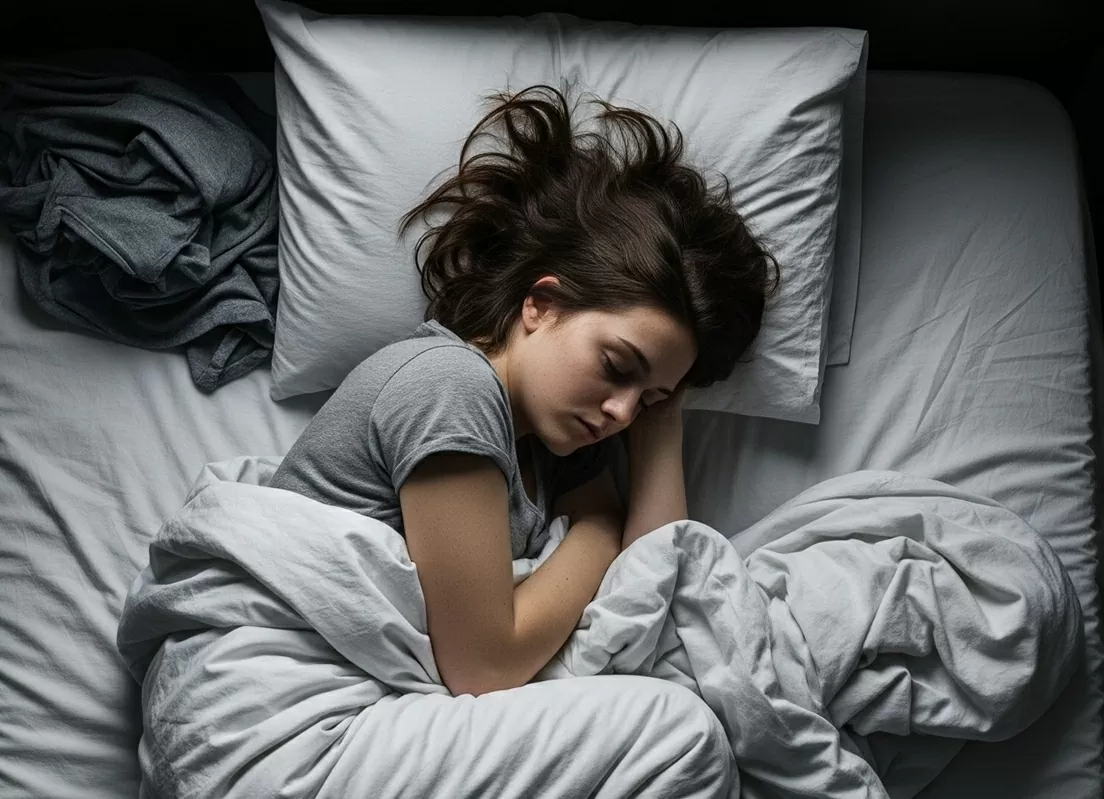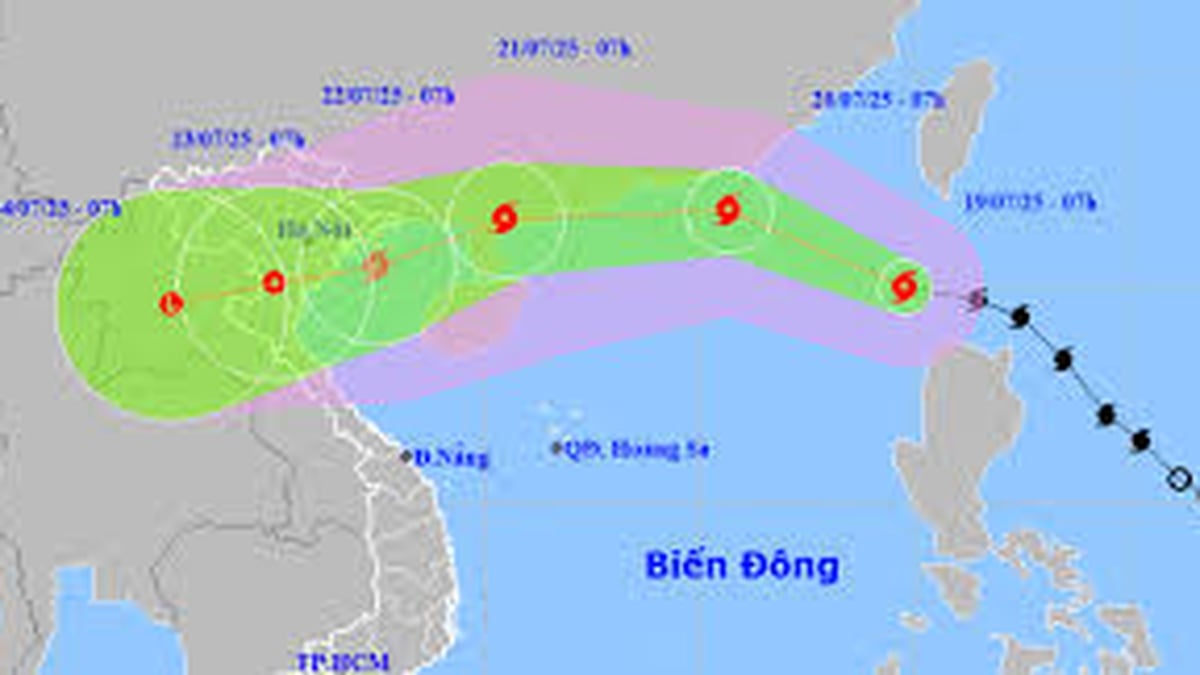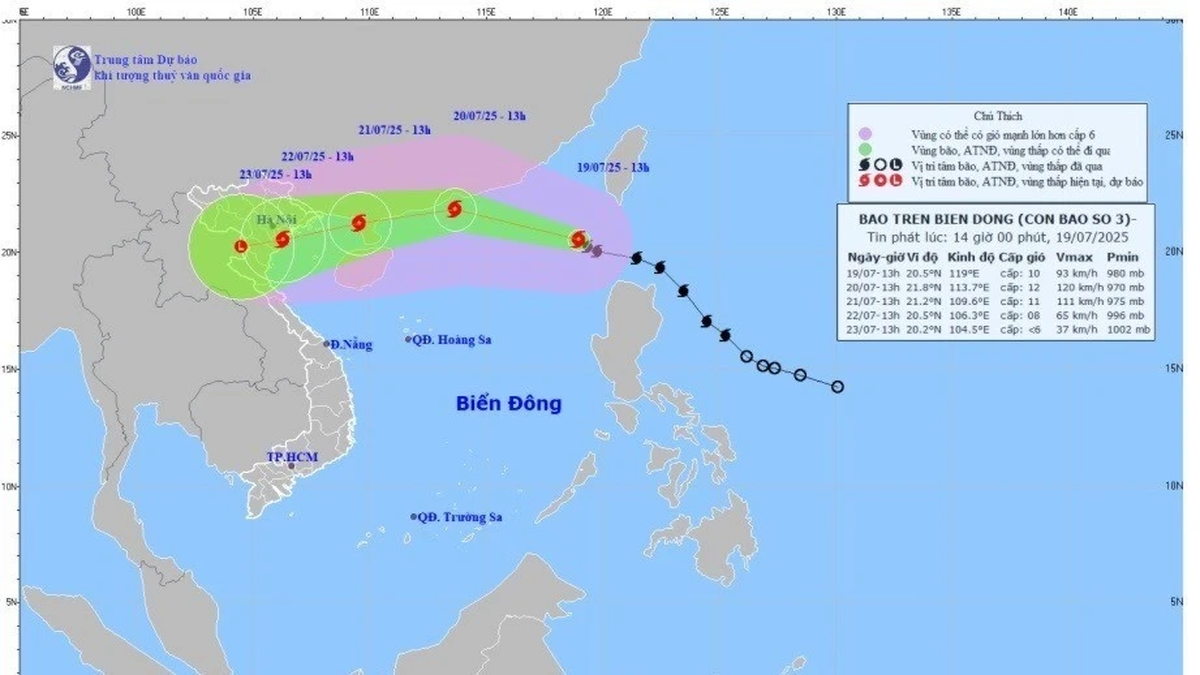 |
| When lacking sleep, the skin becomes pale, lifeless, and loses its radiance. (Photo: Gemini) |
Sleep technology company Simba uses artificial intelligence (AI) to explore the physical effects of sleep deprivation. From bloated bellies to acne-prone skin, these images serve as a reminder of the importance of getting enough sleep.
To create the images, Simba surveyed 2,175 adults in the UK about their sleep habits, physical health, and appearance. They then fed the answers into an AI bot that simulated the effects of sleeping above and below seven hours a night.
The images show that the skin is one of the first parts of the body to show signs of sleep deprivation.
Of those who said they didn’t get enough sleep each night, 15% reported brittle nails, and 24% reported more sensitive skin. Other common skin symptoms included eczema (16%), psoriasis (7%), and dull skin tone (10%).
“Lack of sleep doesn’t just leave you tired, it wreaks havoc throughout your body,” says Lisa Artis, deputy chief executive of The Sleep Charity, which partners with Simba.
When sleep is affected, blood flow decreases, making the skin pale, lifeless, and losing its radiance. In addition, when you lack sleep, cortisol levels - the stress hormone - increase, exacerbating dermatitis, eczema and psoriasis, leading to irritation, redness and itching.
“At night, the skin has to work harder to regenerate and repair itself. When at rest, increased blood flow supports the natural recovery process and promotes healthy, radiant skin,” explains Artis.
Sleep deprivation can also contribute to weight gain. The survey found that 26% of people who don't get enough sleep are overweight, while 32% are bloated. "During sleep, the body balances hormones like ghrelin and leptin, which help control hunger and feelings of fullness," Artis continues.
Without adequate rest, ghrelin levels spike, making people feel hungrier, while leptin levels drop, reducing feelings of fullness. This hormonal imbalance causes overeating, especially cravings for foods high in calories and sugar.
Lack of sleep may also help explain patterns of weight gain in women and men, experts say. Women are more likely to see fat gain in their hips and thighs due to hormonal changes, while men may see more belly fat due to reduced testosterone levels.
Another unusual change associated with sleep deprivation is cold hands and feet. Body temperature is also controlled by the circadian rhythm, Artis says. Sleep deprivation can impair the body’s ability to manage and regulate its internal temperature, causing fluctuations and discomfort in the hands and other extremities.
Source: https://baoquocte.vn/nhung-tac-hai-suc-khoe-neu-ngu-duoi-7-tieng-moi-dem-317438.html



































































































Comment (0)